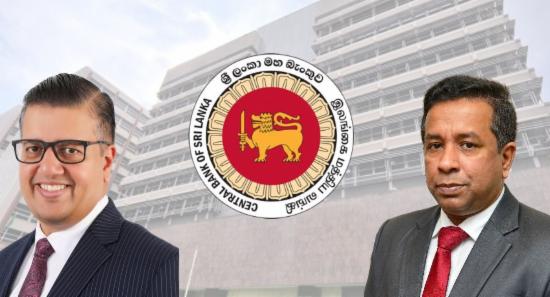.webp)

Inflation Declines, but Global Debt Levels Persist - IMF
COLOMBO (News 1st); While inflation is coming down in much of the world, debt levels among countries are not, and that creates risks the IMF said Wednesday in Washington, DC in its semi-annual Fiscal Monitor Report.
“Since the last annual meeting in Marrakech, the global economic and financial outlook has improved. Inflation has fallen, financial conditions have eased and risks to the global outlook are becoming balanced. It is time to shift focus to fiscal policy,” said IMF Director of Fiscal Affairs Department Vitor Gaspar at a news conference for the IMF and World Bank Spring Meetings.
When Covid-19 hit, countries boosted their stimulus spending to counteract the shutdowns, but now is time to rebuild buffers and reduce debt the report urges.
“Four years after unprecedented and unprecedented pandemic response, public debt and deficits remain elevated. After sharp declines in 2021 and 2022, public debt and deficits edged up in 2023, undermining momentum for their return to pre-pandemic levels,” said Gaspar.
“Looking ahead, global public debt is projected to approach 100% of GDP by the end of the decade. This rise in global public debt is primarily driven by China and United States, where public debt is now higher and expected to grow faster than pre-pandemic projections.”
Gaspar noted that there is always political pain in balancing spending and fiscal consolidation, but putting off action is even more damaging.
“Tackling debt and deficits today helps avoid more painful adjustments later. It would also create budgetary space for priority spending and to deal with future shocks,” he said.
Reporters asked if the Fund is recommending that governments tax the ‘super rich’ in order to rebuild buffers. Gaspar said that IMF studies have shown that better enforcement and measures to adjust tax progressivism are more effective than new wealth taxes.
“Many times, one hears calls for taxation targeting the super rich. One sees calls for wealth taxation. Our position at the Fund is that taxing the returns from wealth is generally less distorting and more equitable than a wealth tax. Put in other words, there is no objective in terms of fairness that you cannot serve, given what we have now in the world, better by adapting the income tax system,” Gaspar noted.
Other Articles
Featured News





.png )
-819462_550x300.jpg)
-819380_550x300.jpg)











-812087_550x300.jpg)
-810262_550x300.jpg)








.webp)






